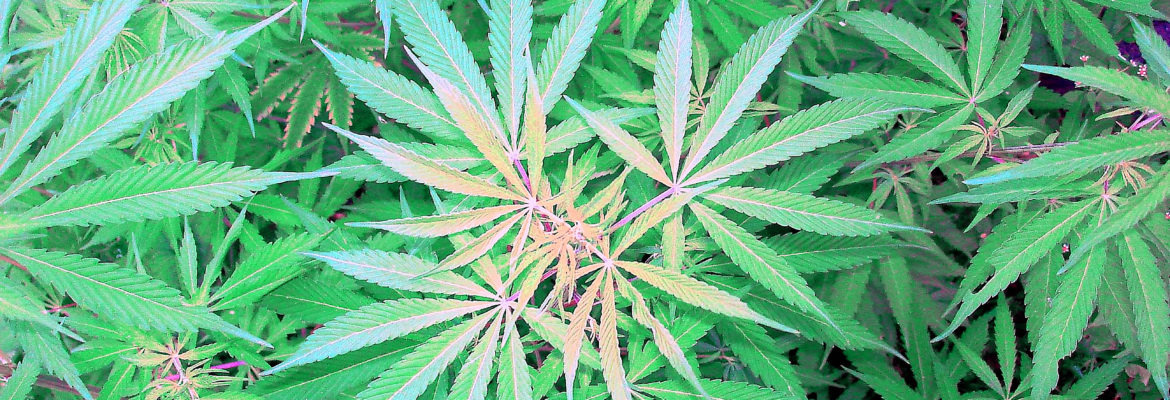FDA-Approved Study of Marijuana for Vets with PTSD Starts Phase 2
Cannabis research often advances slowly. Researchers face a variety of challenges, including prohibition laws, a lack of labs willing to do marijuana research, and difficulties finding actual weed to use in their studies. But now, as a groundbreaking FDA-approved study of marijuana for vets with PTSD starts phase 2, the field of medical marijuana research could be taking a big step forward.
A Groundbreaking Study
The study is being led by Dr. Sue Sisley. It is part of the Multidisciplinary Association for Psychedelic Studies. The organization, called MAPS for short, is a research institute focused on exploring medicinal uses of cannabis and psychedelics.
Sisley’s project is focused specifically on learning how cannabis affects military veterans suffering from PTSD. The project first received approval from the U.S. Public Health Service in 2014.
Later that year, the Colorado Department of Public Health and Environment awarded a $2 million grant to complete the research.
Finally, in January 2017, research began at the Scottsdale Research Institute in Phoenix, Arizona. Now, a little over a year later, Sisley’s project is in its official Phase 2 clinical trial phase.
Phase 2 Clinical Trial
As outlined in Healio’s Psychiatric Annals, the Phase 2 study is a triple-blind outpatient test. In the study, volunteer test subjects are put in one of four groups.
One group of patients will be given a high-THC strain. A second group will receive a high-CBD strain. The third group will be given a strain with an equal, 1:1 ratio of THC to CBD. Finally, the fourth group will be given a placebo.
To begin, subjects will complete two 4-hour sessions in which they consume marijuana under observation. This is a “familiarization stage.” During these sessions, Sisley and other researchers will monitor subjects. They will check how well subjects react to the cannabis.
From there, subjects will be given up to two grams of marijuana per day for use at home. They will first self-dose for three weeks. After that, there will be a two week period of no cannabis.
Finally, test subjects will move into a crossover phase, in which they will be randomly assigned a different dose of medical marijuana. They’ll take that dosage at home for three weeks, and then finish up with another two weeks of no marijuana.
Throughout the entire process, researchers will conduct a series of tests. Each one is designed to gauge whether or not the marijuana is affecting the subjects’ PTSD symptoms.
For example, test subjects will take a series of psychological tests, reporting on their overall mental health and well being. Similarly, researchers and subjects will use the most current PTSD symptoms checklist to quantify how patients are responding to the medical marijuana. Finally, researchers will gather a range of vital health data, including such variables as inflammation, sleep, and other key information.
Hopeful Outcomes
When the project is finished, Sisley hopes to have a more concrete understanding of how marijuana impacts PTSD. In particular, Sisley hopes to learn how medical marijuana might be used to serve military veterans.
“The veteran community has a higher rate of prescription drug overdose, and many vets discovered they can substitute cannabis for the more addictive medications they’ve been prescribed, which is how we started to examine this,” Sisley said.
According to MAPS, the study currently has between 50 and 60 volunteer subjects. Sisley is reportedly looking for 19 more veterans to join the study.
The post FDA-Approved Study of Marijuana for Vets with PTSD Starts Phase 2 appeared first on High Times.
>View original article
Author: Nick Lindsey

